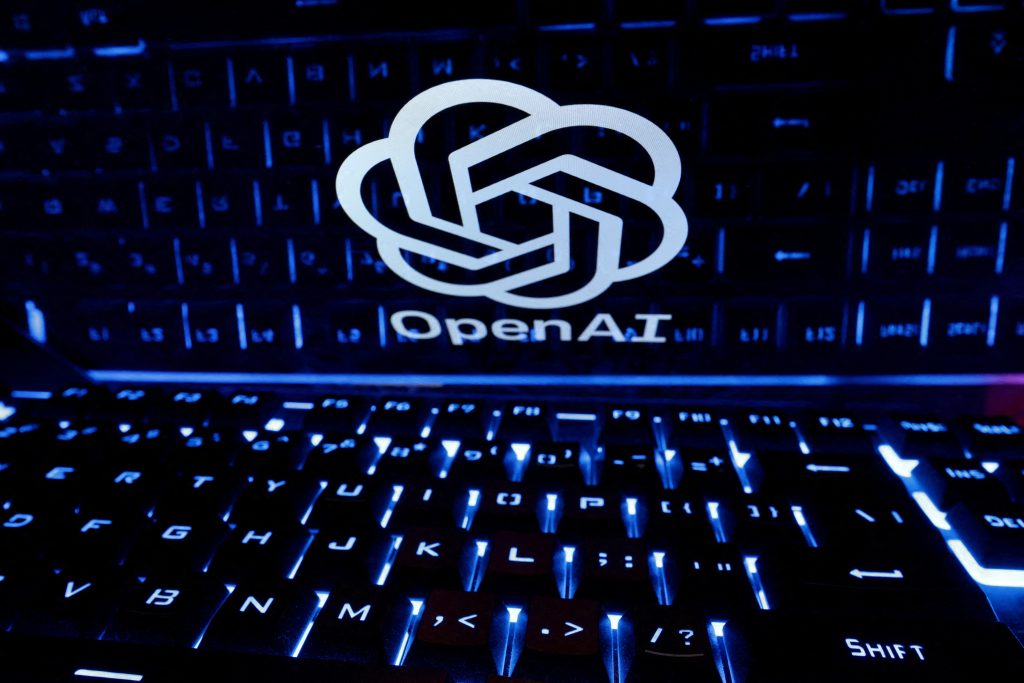OpenAI Contemplates Crafting Its Own AI Chips

OpenAI, the recently risen firm behind ChatGPT, is delving into the ambitious realm of AI chip production, according to exclusive resources.
The resources revealed that the company is considering potential acquisitions to cement this venture as it moves towards chip prodcution. While still on the drawing board and not solidified as an action plan, insiders have shared with that discussions around circumventing the AI chip scarcity, which has been impacting OpenAI’s projects, have been in motion for over a year now. The potential pathways include fostering deeper partnerships with chip tycoons such as Nvidia, or diversifying their supplier portfolio.
Open AI declined to comment to Reuters.
CEO Sam Altman has always vocalized his opinion concerning the cause of AI chip acquisition, frequently voicing concerns over the need of graphics processing units (GPUs) – a stage where Nvidia’s dominion is clear, claiming more than 80% of the global market share. It is worth nothing that these GPUs are integral for running state-of-the-art AI platforms.
Altman’s primary reservations revolve around the dearth of avant-garde processors and the astronomical expenses tied to operating the powerhouse machines behind OpenAI’s innovative products. To give a perspective, the digital genius, ChatGPT, operates on a superior supercomputer architected by Microsoft – a major OpenAI benefactor, packing 10,000 of Nvidia’s GPUs.
To say operating ChatGPT burns a hole in the pocket would be an understatement. Bernstein’s Stacy Rasgon’s analytical lens approximates a 4-cent cost for every ChatGPT interaction. Should ChatGPT’s user base rival even a fraction of Google Search’s magnitude, the GPU investments could skyrocket to an initial $48.1 billion, with recurring annual costs of around $16 billion.
Navigating the Custom Chip Waters
For OpenAI, entering the world AI chip development could mean joining the elite club of tech giants like Google and Amazon, who have taken the reins of designing business-crucial chips. But the journey isn’t without its challenges. Custom chip design could necessitate groundbreaking, and perhaps historical investments, possibly stretching into hundreds of millions annually.
But even with deep pockets, success isn’t a guarantee.
Treading the acquisition path, similar to Amazon’s Annapurna Labs procurement in 2015, could potentially boost OpenAI’s ambitions. Sources said that the firm even carried out preliminary assessments on a potential acquisition candidate, though the company’s identity remains a mustery.
And let’s assume that even with accelerated plans, chip development is a long road. OpenAI would still need to lean on commercial stalwarts like Nvidia and Advanced Micro Devices for a significant duration.
While the custom chip domain is lucrative, success stories are occasional. For instance, Meta’s endeavors in this space faced substantial setbacks, causing some projects to be abandoned, as revealed in a Reuters briefing. In parallel, OpenAI’s primary supporter, Microsoft, is also charting the custom AI chip waters, hinting at a possible strategic drift between the duo.
Inside Telecom provides you with an extensive list of content covering all aspects of the tech industry. Keep an eye on our Tech sections to stay informed and up-to-date with our daily articles.
